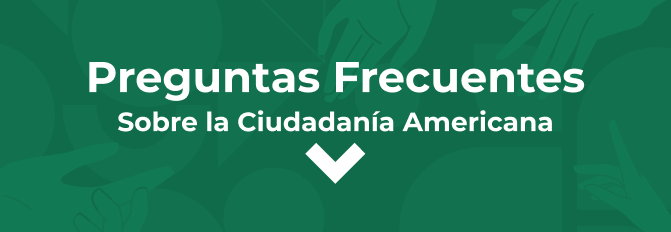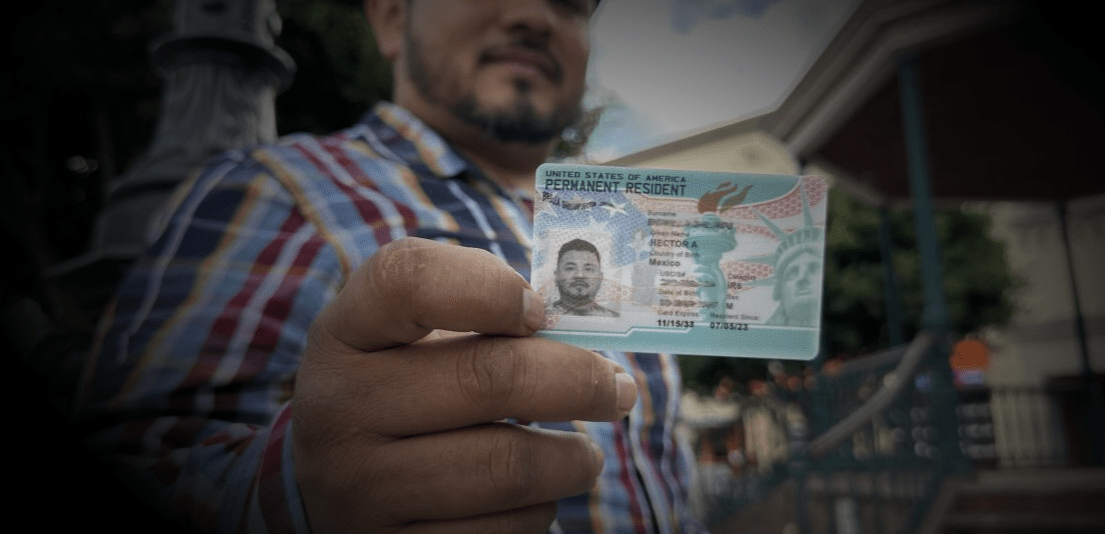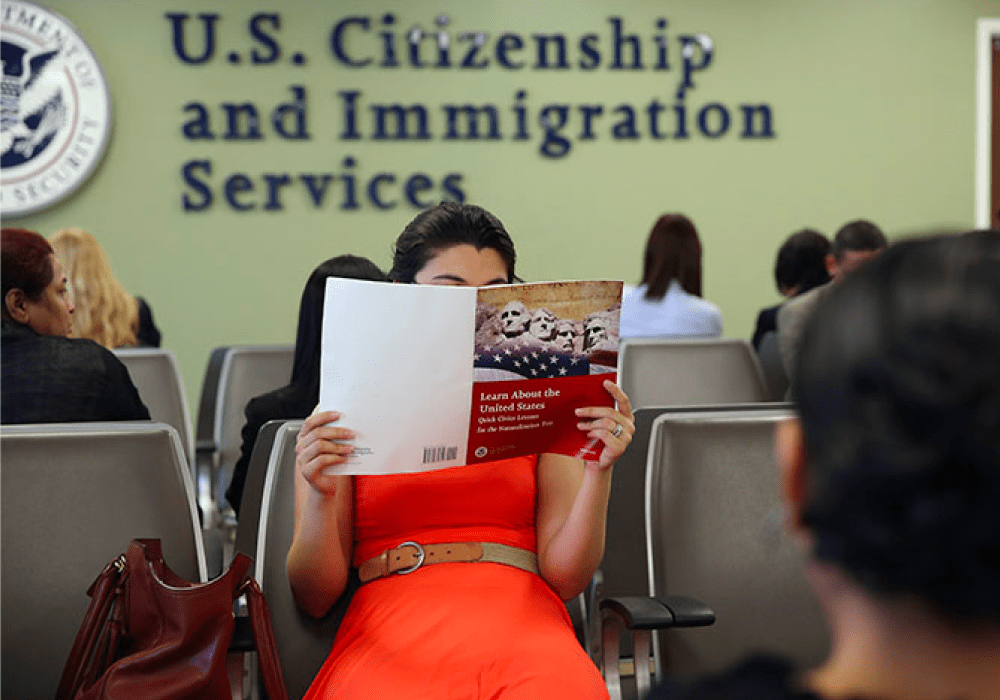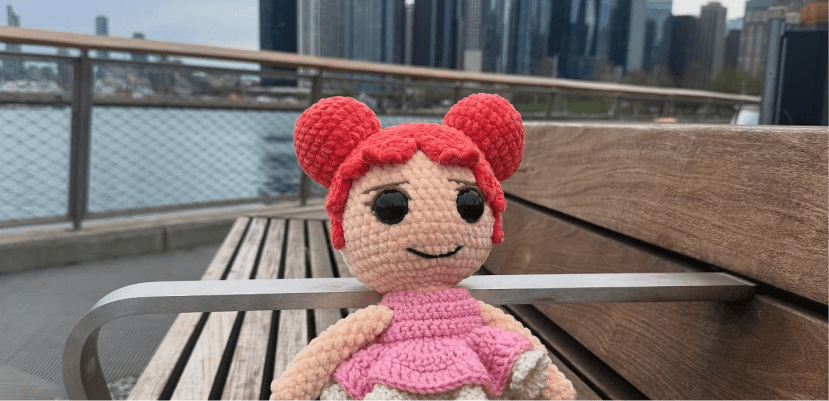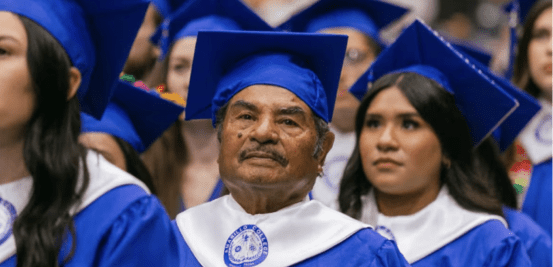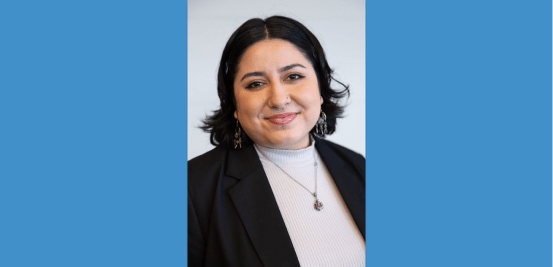The grandmother factor or "granny factor" is a phenomenon that supports the conservation of the Spanish language among the first and third generation of migrants in the United States.
People who grow up speaking some Spanish in immigrant homes are known as heritage language speakers. Even close to 40% of universities in the United States offer classes in Spanish, geared towards heritage speakers.
Kim Potowski, professor of Hispanic linguistics at the University of Illinois, explains that the phenomenon of conservation of Spanish occurs between the first and third generation of migrants, that is, from grandmothers (or grandfathers) to their grandchildren. She knows it as the "granny factor."
“I call the grandmother factor the fact that, if the grandparents who emigrated as adults from Mexico, or wherever, are close to home or have frequent contact with them, the child is more likely to develop strong Spanish,” Potowski explains.
As Potowski explains, the “grandmother factor” occurs in any community where there are migrants who speak Spanish. Generally, the first generation of migrants arrived in the United States without knowing English and in many cases they remain monolingual until adulthood. “The grandmother who is monolingual in Spanish will help you with your Spanish”, considers the specialist.
This is the case of Gloria López, 72, who came to the United States almost six decades ago and taught her grandchildren Spanish. “I always spoke Spanish to my grandchildren because I don't speak English. Spanish has been preserved because I speak to them since they were born,” she explains.


